Guidance regarding basic Islamic issues – which Hazrat Amirul Momineen, Khalifatul Masih Vaa has given on various occasions in his written correspondence and during MTA programmes – is being officially published below for everyone’s benefit
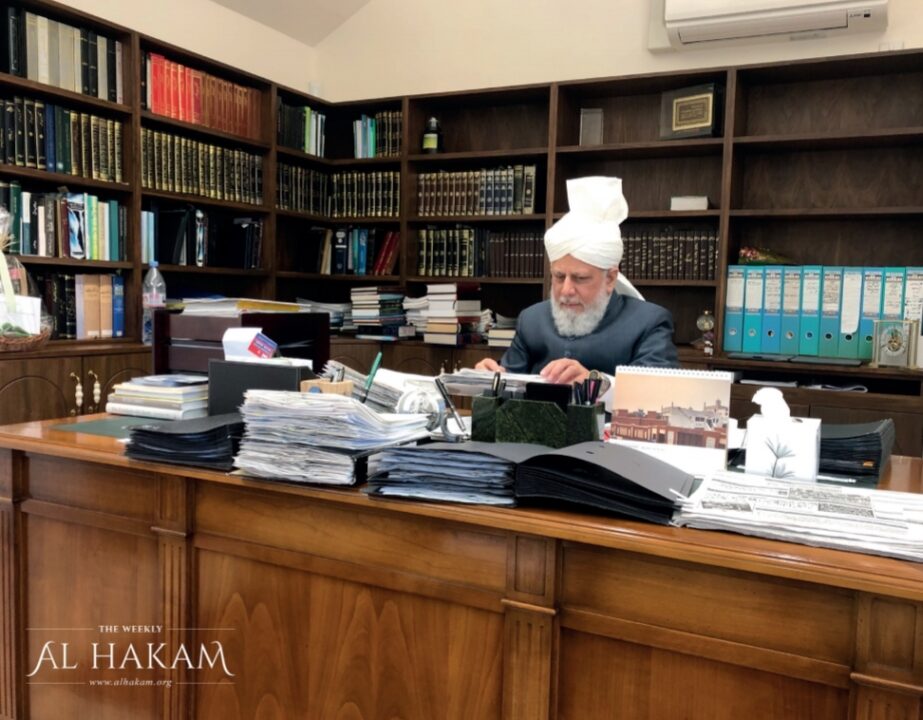
Misuse of the provision of reconciliation [ruju]
An issue arose of a man seeking reconciliation [ruju] after having issued divorce [talaq] to his wife three times. The nazim of Dar-ul-Ifta asked Hazrat Amirul Momineen, Khalifatul Masih Vaa about it.
Huzooraa, while shedding light on the issue, gave the following reply in a letter dated 1 July 2020:
“With regard to the Islamic injunction of divorce, the Holy Prophetsa has stated:
أَبْغَضُ الْحَلَالِ إِلَى اللّٰهِ تَعَالىٰ الطَّلَاقُ
“[‘The lawful thing which God hates most is divorce.’ (Ibn Majah, Kitab al-talaq, Bab al-talaq)]
“This individual has made a jest of the above injunction and has been issuing talaq to his wife over trivial matters.
“This has nothing to do with anger; rather it is utter ignorance and tantamount to ridiculing a provision granted by Allah the Exalted. One can clearly see, he has fully convinced himself that talaq was the best weapon to harass his wife and that he could use it whenever he so fancied on the spur of the moment.
“It was to discipline and reform such people that Hazrat Umarra counted three divorces issued in one sitting as [an irrevocable talaq]. Therefore, in my opinion, this divorce has become binding so that now there can be no reconciliation [ruju]. Nevertheless, take a closer look [at the case].”
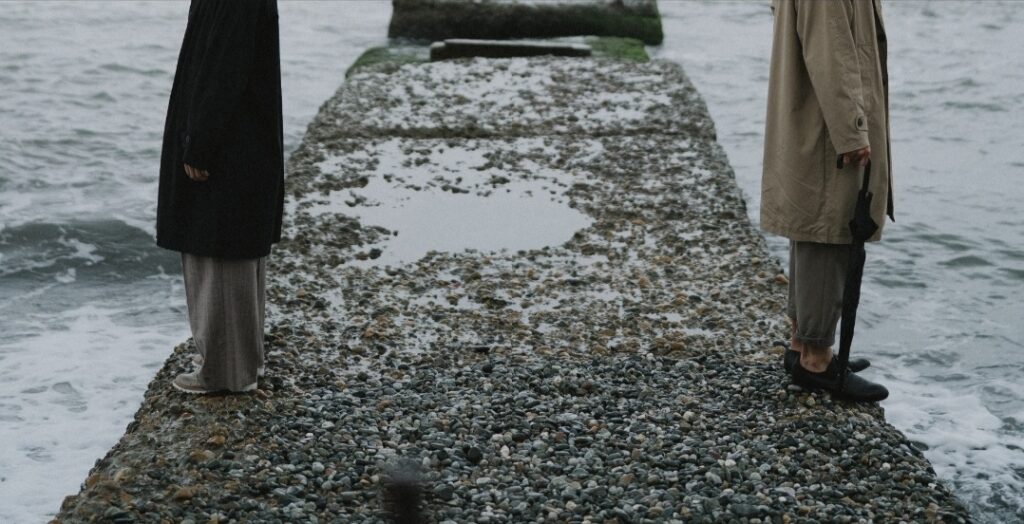
PLS investments
While providing guidance concerning a report by the nazim of Dar-ul-Ifta on investing in a trading company on the condition of profit and loss sharing, Hazrat Amirul Momineen, Khalifatul Masih Vaa, in a letter dated 1 July 2020, said:
“Even the world’s largest companies do business in various kinds of industries. They openly declare some of those businesses that do not contravene the Shariah or the law of the land in any way. However, they also own some subsidiaries, which they do not highlight in their profiles. Sometimes, religious or legal rules and regulations are not fully observed in [the latter] businesses.
“Hence, if the business details of a company are clear or the details of their business can be easily obtained and there is any un-Islamic or illegal aspect in them, then one should not do business with such a company even on the condition of sharing profit and loss.
“However, it is true that, nowadays, most of such matters have become muddled. Hence, if the dealings of the company that are accessible do not have any un-Islamic or illegal aspect, then there is no problem in joining the business on [the condition of] profit and loss sharing. If the company has a portion of its business as a subsidiary on the side, about which it does not disclose anything to its partners, then there is no need to unduly probe or be concerned. However, if it is found to be illegal, one should pull out of it.”

Sadaqah and mosque fund
While correcting an answer regarding the use of sadaqat for the construction of mosques, that was given by someone during Deeni-o-Fiqhi-Masail [a programme on MTA International], Hazrat Amirul Momineen, Khalifatul Masih Vaa, in his letter, dated 1 July 2020, to the nazim of Dar-ul-Ifta, said:
“Someone has sent me the answer you gave during Deeni-o-Fiqhi-Masail regarding the spending of sadaqah funds for the construction of mosques, in which you have given a fatwa in favour of it by arguing from verse 60 of Surah al-Taubah.
“The term sadaqah is used in the Quran and the hadith to refer to Zakat, an obligatory pillar of Islam. In addition to Zakat, this word also denotes other alms given for the help and assistance of the poor and the needy for the sake of Allah. The context of each place would make it clear whether the word used in that place denotes the Islamic pillar of Zakat or other alms.
“In the aforementioned verse of Surah al-Taubah, sadaqat refers to the zakat funds. Therefore, the fatwa deduced from this verse in favour of spending of sadaqah funds, other than Zakat, on the construction of mosques is invalid because the Promised Messiahas and the Khulafaof Ahmadiyyat have differentiated between Zakat and other sadaqat.
“Accordingly, the Promised Messiahas declared that the poor had an exclusive right to sadaqah meat and directed it to be distributed among them alone. However, he did not allow it to be used in the langar khana, although boarding and lodging of travellers is usually arranged there. According to your argument, it would mean that they be allowed this kind of sadaqah meat as they fell under the categories of ‘fi sabeelillah’ [in the way of Allah] and ‘ibn al-sabeel’ [traveller].
“Such an argument regarding ‘fi sabeelillah’ and ‘ibn al-sabeel’ may be acceptable in special circumstances but nonetheless, it is the right of the Khalifa of the time to make such an interpretation. If everyone starts creating provisions based on such argumentation, then issues will get distorted.
“The Promised Messiahas has also allowed the interest earned from banks to be spent on the propagation of Islam, but has merely declared it a temporary permission under the compelling state of Islam’s destitution. However, he has only allowed it to be spent on the publication of literature etc. for the propagation of Islam. He did not allow it to be used for the construction of mosques.
“Thus, in light of these issues, my position, like that of the previous Khulafa of Ahmadiyyat, is that sadaqah money cannot be donated to the mosque fund. Therefore, your fatwa should be according to this.
“If you have any other arguments in support of your position, you may certainly send me your report by way of a scholarly discussion.”
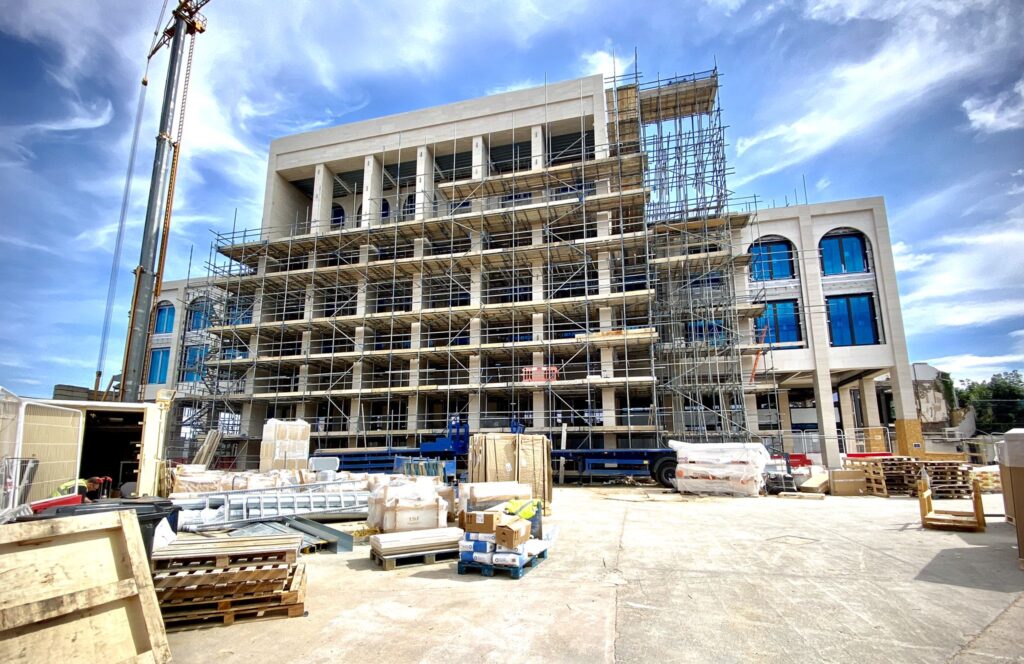
Using sadaqah for mosque construction and condolences upon the death of opponents of the Jamaat
A missionary of the Jamaat wrote to Hazrat Amirul Momineen, Khalifatul Masih Vaa seeking guidance about spending sadaqat on the construction of mosques and about paying condolences visits upon the death of someone who used abusive language against the Jamaat.
Huzooraa, in a letter dated 1 July 2020, gave the following guidance on this issue:
“Your position on [donating] sadaqah money towards the mosque fund is absolutely correct. Mosques are not built using sadaqah money. A separate donation should be made for the construction of a mosque. That is why a separate mosque fund is set up in the Jamaat for the construction of mosques wherever it is needed.
“The reply to your second question is, what is the need to pay a condolence visit upon the death of a person who was abusive against the Jamaat? Yes, if there was a person who was not able to believe in the Promised Messiahas but never opposed the Jamaat during his lifetime, then there is no harm in offering condolences to his loved ones on the death of such a person.”
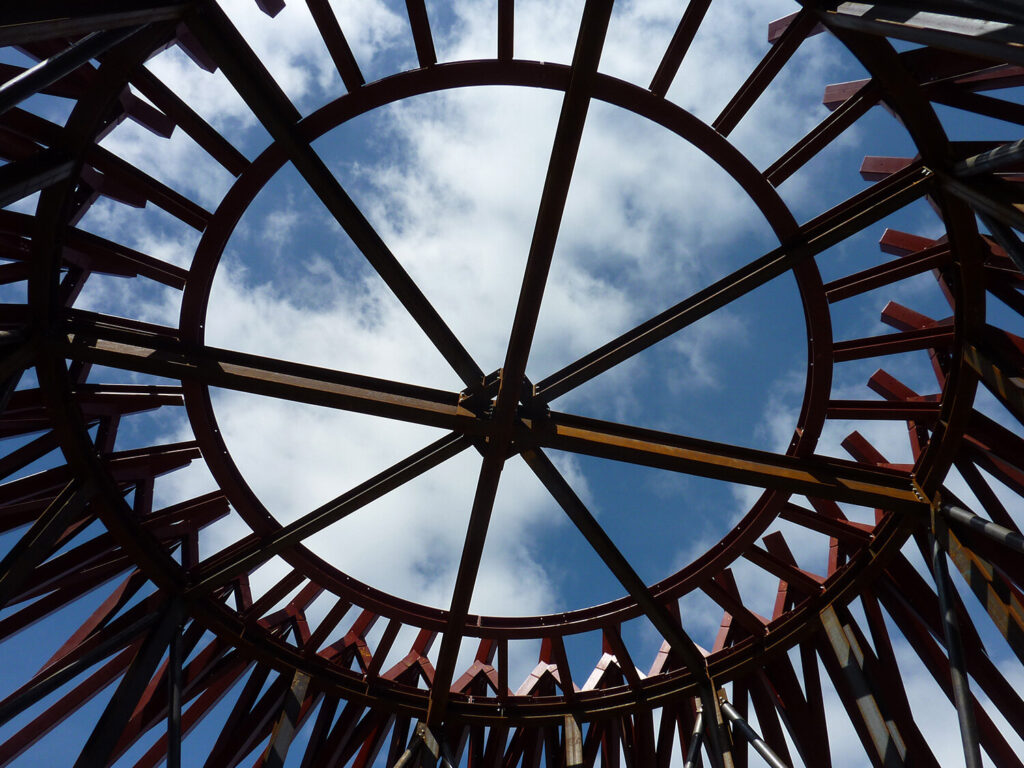
Praying or supplicating?
A lady sent the following quote from Al-Mawaqif by Muhammad ibn Abd al-Jabbar al-Niffari to Hazrat Amirul Momineen, Khalifatul Masih Vaa:
اُدْعُنِيْ فِيْ رُؤْيَتِيْ وَلَا تَسْئَالْنِيْ، وَ سَلْنِيْ فِيْ غَيْبَتِيْ وَلَا تَدْعُنِيْ
“Pray to Me while I see you instead of begging of Me. Beg of Me when I am not present, instead of praying to me.”
She then asked what the difference was between praying to Allah the Exalted and begging of Him.
Huzooraa, in a letter dated 1 July 2020, gave the following reply to this question:
“The statement in the above-mentioned book of mysticism is neither a command of the Holy Quran, nor a principle based on any hadith. This is merely a quote from the author of this book.
“There is no difference between praying and asking Allah the Exalted according to the Holy Quran and the hadith. Allah says in the Holy Quran:
ادۡعُوۡنِيۡۤ اَسۡتَجِبۡ لَكُمۡ
“[‘Pray unto Me; I will answer your (prayer).’ (Surah al-Mu‘min, Ch.40: V.61)]
“Here, Allah the Exalted has not said that your prayers should not contain any supplication.
“Then, the Holy Prophetsa said in a qudsi hadith that Allah the Exalted descends to the lower heavens in the last third of every night and declares:
مَنْ يَدْعُونِي فَأَسْتَجِيبَ لَهُ مَنْ يَسْأَلُنِي فَأُعْطِيَهُ
“[‘Is there anyone to pray to Me, so that I may respond to his prayer? Is there anyone to ask Me, so that I may grant him his request?’ (Sahih Bukhari, Kitab al-Tahajjud, Bab ad-du‘ai wa s-salati min akhiri l-laili)]
“In this hadith, Allah the Exalted is commanding both to pray and to ask at the same time.
“Then, the Holy Prophetsa said in another hadith that one was the nearest to Allah the Exalted in the state of prostration. ‘So, pray abundantly (in this state).’ [Sahih Muslim, Kitab al-Salat, Maa yuqaalu fi r-ruku‘i was-sujood]
“Here too, the Holy Prophetsa did not mention any such prohibition that one’s prayers should not contain any questions.
“The Promised Messiahas has also advised us in his writings that we should submit all our religious and worldly needs to Allah the Exalted. Hence, in one of his poems he states:
حاجتيں پوری كريں گے كيا تِری عاجز بشر
كر بياں سب حاجتيں حاجت روا كے سامنے
“‘What needs of yours would helpless men fulfil? You state all your needs to the Fulfiller of Needs.
“Then with reference to the text in the book under discussion, it is also worth asking as to when Allah the Exalted is not present before us? He is always Omnipresent.
“Thus, in my opinion, there is no difference between praying to Allah and supplicating to Him. From a rational point of view, the phrase could at most be interpreted as meaning that when a person is afraid of being seen by others, he avoids doing evil, as is evident from the example of CCTV cameras in modern times.
“Thus, whenever a person thinks that no one is looking at them and Satan tries to lure them to some evil, then they should immediately worry about their faith and should bow down before God Almighty and supplicate at His threshold for the security of their faith.”
Salat al-tasbih
While providing guidance regarding a question asked by the head of the Arabic Desk concerning salat al-tasbih, Hazrat Amirul Momineen, Khalifatul Masih Vaa, in his letter dated 19 July 2020, stated:
“Classical scholars have differing views on the ahadith concerning salat al-tasbih; some have declared these ahadith to be acceptable and some have questioned the asnaad of these ahadith and declared them as fabricated.
“Similarly, the four imams also differ on this point. Hazrat Imam Ahmadrh ibn Hanbal does not even give the status of mustahabb to this prayer, while other jurists call it mustahabb and are also convinced of its excellence.
“From the ahadith narrated about salat al-tasbih, it is absolutely evident that the Holy Prophetsa himself never performed this prayer and there is no evidence regarding the Rightly-Guided caliphs having performed this prayer. Similarly, we do not find any narration of this prayer from the Promised Messiahas, the ardent devotee of the Holy Prophetsa who was sent for the Second Revival of Islam.
“However, if a person wants to offer this prayer, then we should keep in mind the following instruction of Hazrat Alira which is also narrated by the Promised Messiahas: A person was praying at a time when it is not permissible to offer prayers. When Hazrat Alira received a complaint about this, he replied that he did not want to be the subject of these verses:
اَرَءَيۡتَ الَّذِيۡ يَنۡهٰی عَبۡدًا اِذَا صَلّٰی
“‘You see the one who forbids the servant to offer a prayer.’ [Surah al-Alaq, Ch.96: V.10-11]
“As far as the text of [the book] Fiqh-e-Ahmadiyya is concerned, several such things have been included in Fiqh-e-Ahmadiyya which need to be corrected. That is why Fiqh-e-Ahmadiyya is being revised. Once the revised edition of Fiqh-e-Ahmadiyya is published, this text will also be corrected, insha-Allah.”
Interpretation of Surah al-Nisa, Ch.4: V.16-17
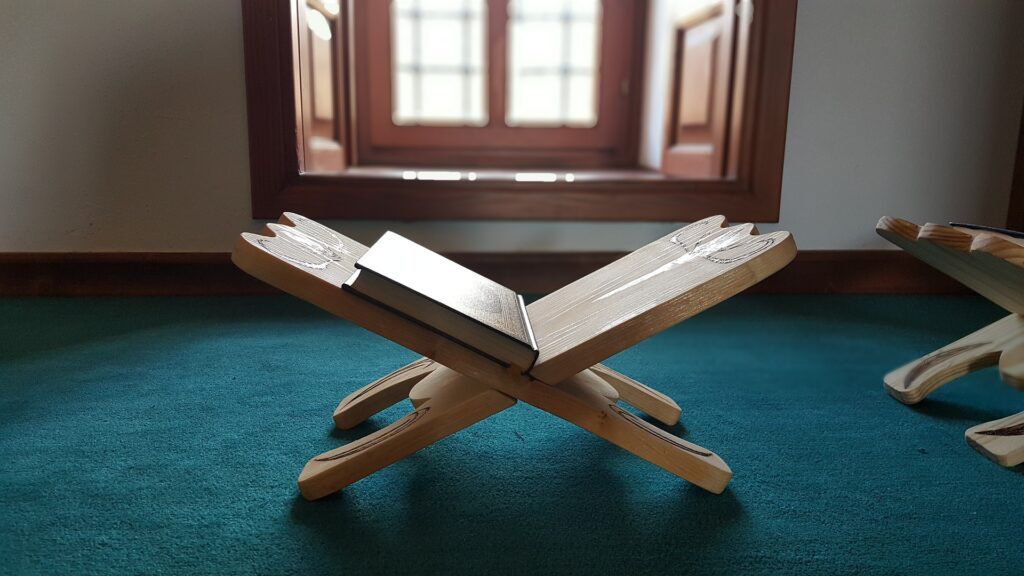
Someone wrote to Hazrat Amirul Momineen, Khalifatul Masih Vaa that Hazrat Musleh-e-Maudra and Hazrat Khalifatul Masih IVrh had interpreted Surah al-Nisa, chapter 4, verses 16-17 differently. Huzooraa, in a letter dated 19 July 2020, gave the following guidance on this issue:
“The Holy Quran has not been revealed for any particular age or for any particular nation but Allah the Exalted has revealed it for the guidance of the whole world till the Day of Resurrection. [God] also gives the knowledge to deduce [answers] to issues from [the Quran] to His chosen people in every age according to the circumstances of that time. Thus, Allah says in the Holy Quran:
وَ اِنۡ مِّنۡ شَيۡءٍ اِلَّا عِنۡدَنَا خَزَآئِنُهٗ ۫ وَ مَا نُنَزِّلُهٗۤ اِلَّا بِقَدَرٍ مَّعۡلُوۡمٍ
“‘And there is not a thing but with Us are the treasures thereof and We send it not down except in a known measure.’ (Surah al-Hijr, Ch.15: V.22)
“Allah the Exalted, according to His promise made to the Holy Prophet Muhammadsa, the Chosen One, sent his ardent devotee, the Promised Messiahas to revive Muhammad’ssa Faith and to guide the world in this age. According to these Quranic glad tidings, He also gave him ample share of Quranic knowledge and its spiritual insights.
“Then, through his agency and blessings, He bestowed Quranic knowledge on every individual who succeeded to the position of Khilafat after him. These individuals, after receiving knowledge from God Almighty and according to their understanding, explained the verities of the Holy Quran to the world during their respective eras according to the circumstances of that time.
“One meaning of the glad tiding given by the Holy Prophetsa regarding the Holy Quran having various layers and hidden meanings, is that those who have received the blessings of divine knowledge from God Almighty will continue to deduce [answers] to such issues and derive such insights as a result of which, this Book will remain evergreen throughout the ages.
“Hazrat Khalifatul Masih Ira, Hazrat Musleh-e-Maudra and Hazrat Khalifatul Masih IVrh have all interpreted the verses that you have mentioned in your letter on the basis of their God-given knowledge. Hence, they inferred various kinds of evils found in the society from these verses, explained the wickedness of these [evils] and admonished their followers to avoid them.
“Hence, Hazrat Musleh-e-Maudra has understood these verses to mean to refer to such undesirable acts and bad morals, which are related to wicked actions like quarrels and mischief. 70 to 80 years ago, men and women who unnecessarily created an atmosphere of strife and disorder in their surroundings, were considered extremely wicked. In those days, sexual misconduct of men with men and women with women was not commonly known in society. Therefore, Hazrat Musleh-e-Maudra interpreted the undesirable actions described in these verses according to what was generally included in the scope of wickedness in that era.
“Now in this new age, this kind of sexual misconduct of men and women […] is becoming common in society. Therefore, Hazrat Khalifatul Masih IVrh has interpreted these verses of the Holy Quran in this way according to the circumstances of our age, and he has understood the wickedness mentioned in these verses to mean the sexual misconduct that is spreading in the present age.
“There is nothing wrong with such differences in understanding the Holy Quran; rather, the Holy Prophetsa referred to such scholarly differences found in his ummah as a mercy because new avenues for different kinds of reasoning based on the Holy Quran open up as a result of it.”
Separation before consummation, iddah and remarriage
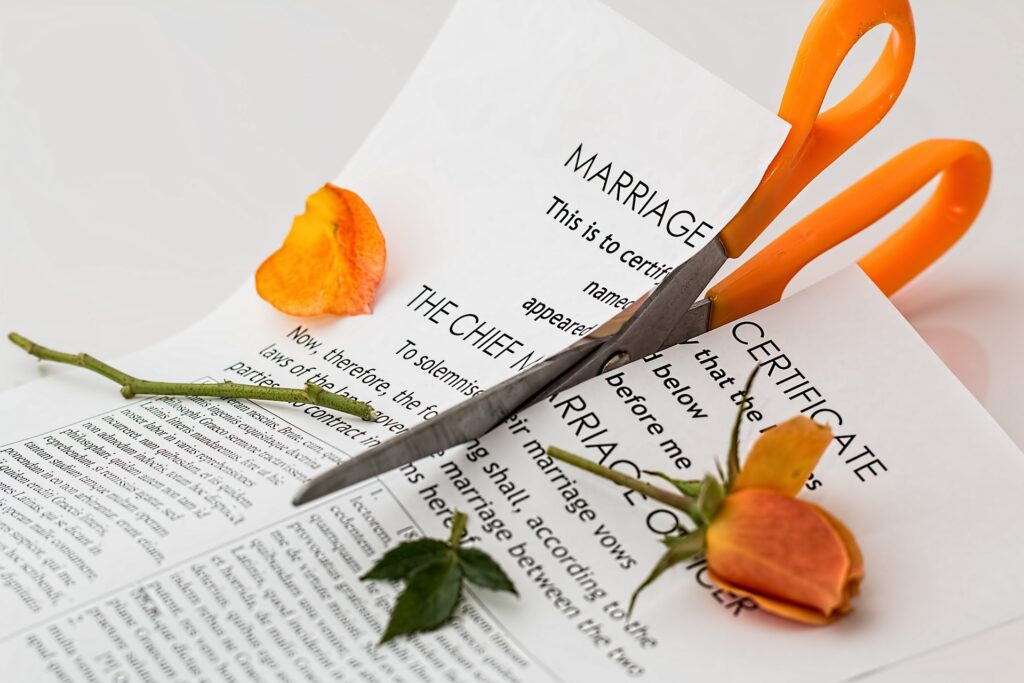
An Arab lady wrote to Hazrat Amirul Momineen, Khalifatul Masih Vaa and asked if there was any iddah period for a woman whose marriage dissolved before consummation. She also asked if in such a case the woman could remarry her previous husband who had divorced her irrevocably [talaq al-battah].
Huzooraa, in a letter dated 20 July 2020, gave the following reply to this question:
“There is no iddah for a woman in the case of a divorce that takes place before the consummation of marriage as the Holy Quran clearly states in this regard:
يٰۤاَيُّهَا الَّذِيۡنَ اٰمَنُوۡۤا اِذَا نَكَحۡتُمُ الۡمُؤۡمِنٰتِ ثُمَّ طَلَّقۡتُمُوۡهُنَّ مِنۡ قَبۡلِ اَنۡ تَمَسُّوۡهُنَّ فَمَا لَكُمۡ عَلَيۡهِنَّ مِنۡ عِدَّةٍ تَعۡتَدُّوۡنَهَا ۚ فَمَتِّعُوۡهُنَّ وَ سَرِّحُوۡهُنَّ سَرَاحًا جَمِيۡلًا
“‘O ye who believe! when you marry believing women and then divorce them before you have touched them, then you have no right against them with regard to the period of waiting that you reckon. So make some provision for them and send them away in a handsome manner. (Surah al-Ahzab, Ch.33: V.50)
“The answer to your second question is that in such a case, the woman cannot go back to her previous husband who has divorced her irrevocably [talaq al-battah] because, after such a divorce [and the new marriage], it is necessary to have the marital relationship with the [new] husband [before the possibility of returning to the previous husband].
“Hence, it is narrated in ahadith that a woman, who was divorced irrevocably [talaq al-battah] by her husband, married another man, and after the marriage, she came to the Holy Prophetsa and complained about her husband’s [alleged] impotence. Upon this, the Holy Prophetsa said to her, ‘Perhaps, you wish to return to your first husband, but this cannot happen until this second husband has established the marital relationship with you.’ (Sahih al-Bukhari, Kitab al-talaq, Bab man ajaaza talaqa th-thalaath)
“In such a situation, it is also very important to keep in mind that marrying another man after talaq al-battah with the intention of later getting a divorce from him to return to the first husband, or for the man to marry the woman for that same purpose that he may divorce her after marriage so that she may return to her first husband, this kind of plotting is strongly detested by the Shariah. The Holy Prophetsa cursed the man or the woman who entered or arranged such a marriage.” (Sunan Tirmidhi, Kitab al-nikah, Bab al-muhilli wa l-muhallali lahu)
(Compiled by Zaheer Ahmad Khan, Head of Records Dept, Private Secretariat, London. Translated by Al Hakam)

